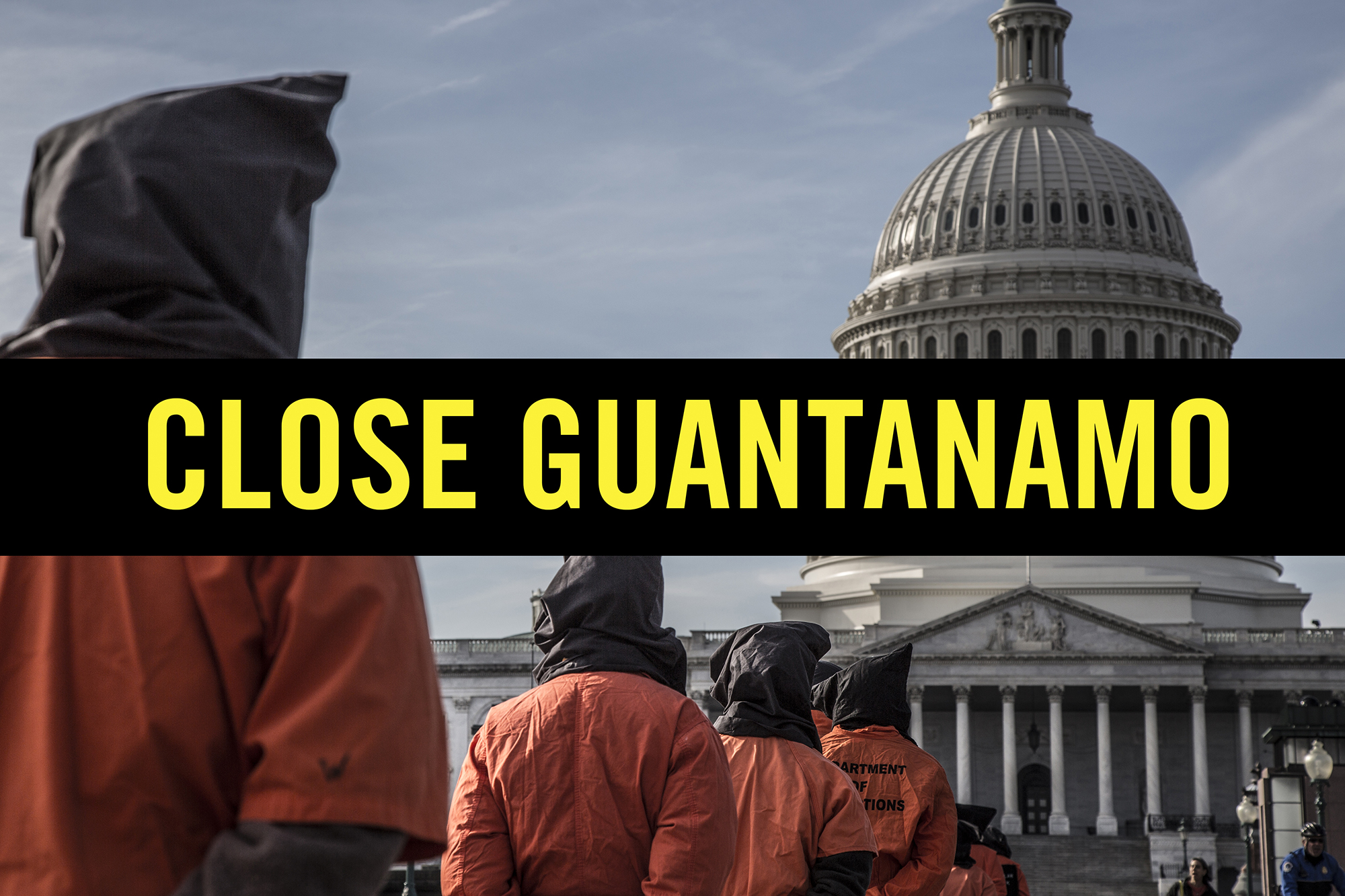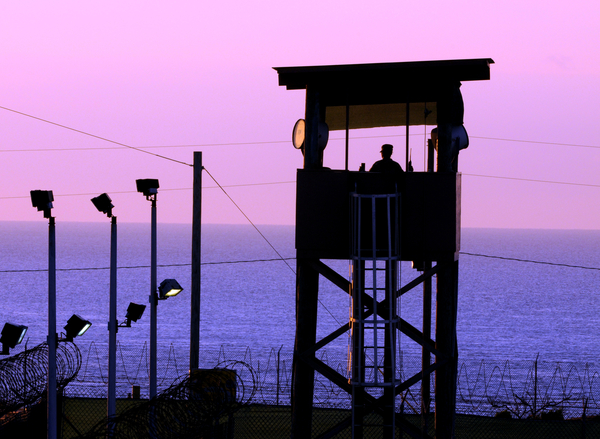 In the immediate aftermath of President Obama’s speech today in Cairo, the heavy web traffic of discussion among Arab activists was divided essentially into two camps. One person claimed that the speech could have been given by George W. Bush. Another compared it to Sadat’s historic trip to Jerusalem.
In the immediate aftermath of President Obama’s speech today in Cairo, the heavy web traffic of discussion among Arab activists was divided essentially into two camps. One person claimed that the speech could have been given by George W. Bush. Another compared it to Sadat’s historic trip to Jerusalem.
It’s not that either opinion is wrong – either may be proved right – but it was the nature of this talk from the very beginning that its meaning won’t be known for years down the road. For what will make it historic (or not) is not the rhetoric of the speech but the policies that follow it (or don’t).
For one, I don’t believe this was a talk that George W. could have given, although it did share much of the same language on democracy that Bush stubbornly adhered to long after his own policies made shreds of any hope for it.
Midway through Obama’s speech, he digressed to condemn the belief in “a world order that elevates one nation or group of people.” That is something that the worldview of American exceptionalism held by Bush and many of his presidential predecessors would never agree to. I hope that this radically different worldview may result in a new path of policies.
And it was promising that Obama addressed a broad range of issues – democracy, women’s rights, Israel and Palestine and economic development – with an understanding that they all affect the human rights situation and all have to be addressed.
One thing that stood out was when it came to economic development, Obama announced a long line of initiatives that hold promise. But in each of the other areas, particularly on Israel and on democracy, the rhetoric wasn’t matched by specifics. I hope that doesn’t imply that he thinks that action on economic development is more important than in the other areas.
Amnesty International welcomes Obama’s comments, but we now expect him to follow up with policies to match the rhetoric. He should begin with ending all practices that make the U.S. complicit in the various abuses that he denounced, such as extraordinary renditions and secret detention. He should insist that Israel and the PNA to cooperate with the UN’s fact-finding mission looking into violations of international law during the recent Gaza war. And he provide a public and independent report of America’s war on terror practices, a step he has opposed to date.
These would be just a first step, but an important step. It would start us on a path that could turn his speech today from a remarkable moment into an historic event.



